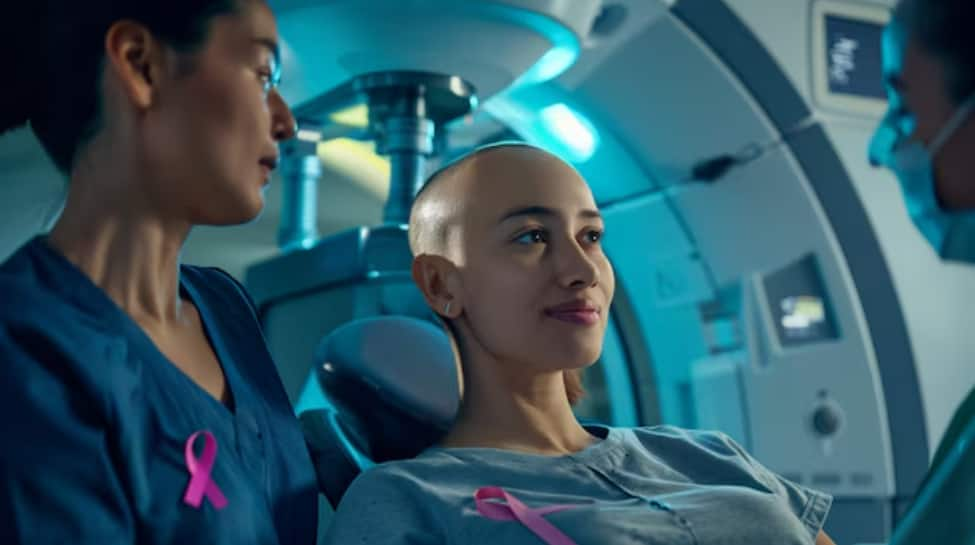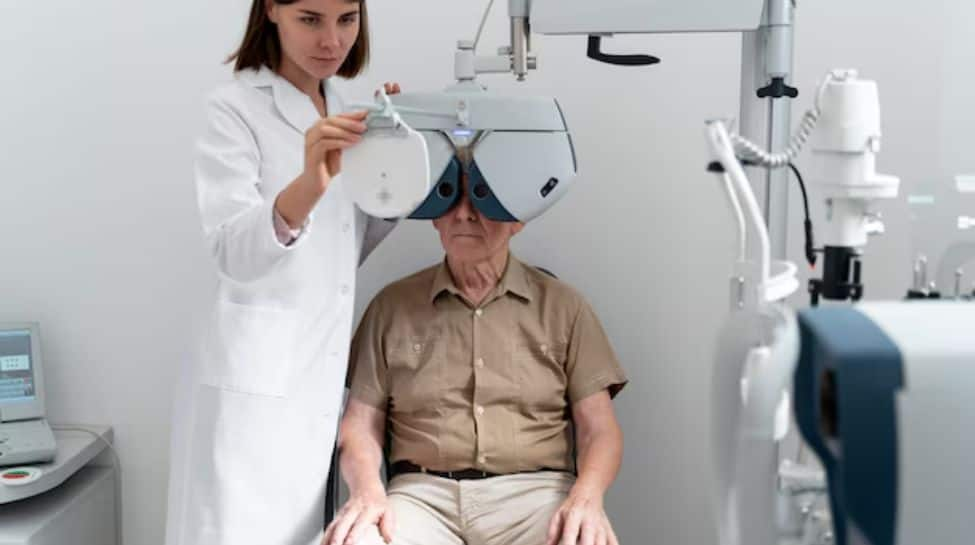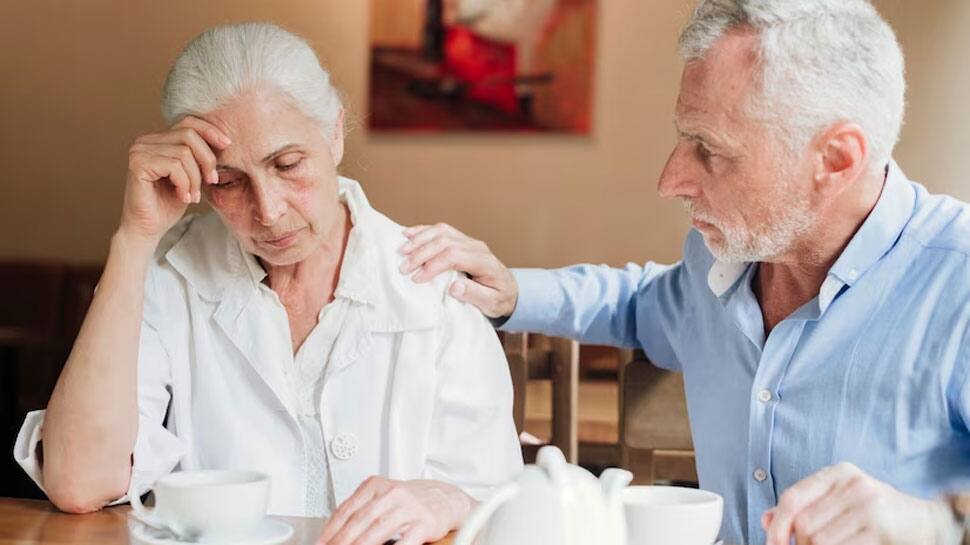Ahead of World Alzheimer’s Day on September 21, we thought of sharing some useful insight into the illness which mostly affects the elderly and is a neurodegenerative disease. Early warning signs of Alzheimer’s disease can vary from person to person, it usually starts after the age of 60. Dr Sanjay Saxena, Senior Director & HOD, Neurosciences, Max Super Speciality Hospital, Patparganj shares with us some common indicators:
• Memory Loss: This is often the most recognizable symptom. People may forget important dates or events and rely on memory aids.
• Difficulty with Familiar Tasks: Tasks that were once routine, like cooking or paying bills, may become challenging.
• Language Problems: People may struggle to find the right words or follow a conversation, making communication difficult.
• Disorientation: Individuals may get lost in familiar places or lose track of time.
• Poor Judgment: Decision-making can be impaired, leading to bad financial or personal choices.
• Changes in Mood and Behaviour: Mood swings, depression, or personality changes can occur.
• Difficulty Planning and Problem Solving: Complex tasks, like planning a meal or managing finances, become increasingly problematic.
• Withdrawal from Social Activities: People with Alzheimer’s may withdraw from hobbies, work, or social activities they once enjoyed.
• Misplacing Things: Frequently losing items and struggling to retrace steps can be a sign.
• Changes in Visual Perception: Difficulty reading, judging distance, or identifying colours and contrast.
Timely diagnosis is crucial for several reasons:
• Early Intervention: Diagnosing Alzheimer’s early allows for early intervention and the initiation of treatments that can help manage symptoms and slow down the progression of the disease.
• Planning: It enables individuals and their families to plan for the future, including legal and financial matters, caregiving, and living arrangements.
• Access to Support: Early diagnosis connects patients and their families with support services, such as Alzheimer’s associations, support groups, and counselling.
• Clinical Trials: Early diagnosis may qualify individuals for participation in clinical trials for potential treatments and therapies.
If you or a loved one are experiencing any of these warning signs, it’s crucial to consult a healthcare professional for a thorough evaluation and diagnosis. Early detection can make a significant difference in managing Alzheimer’s disease.















































